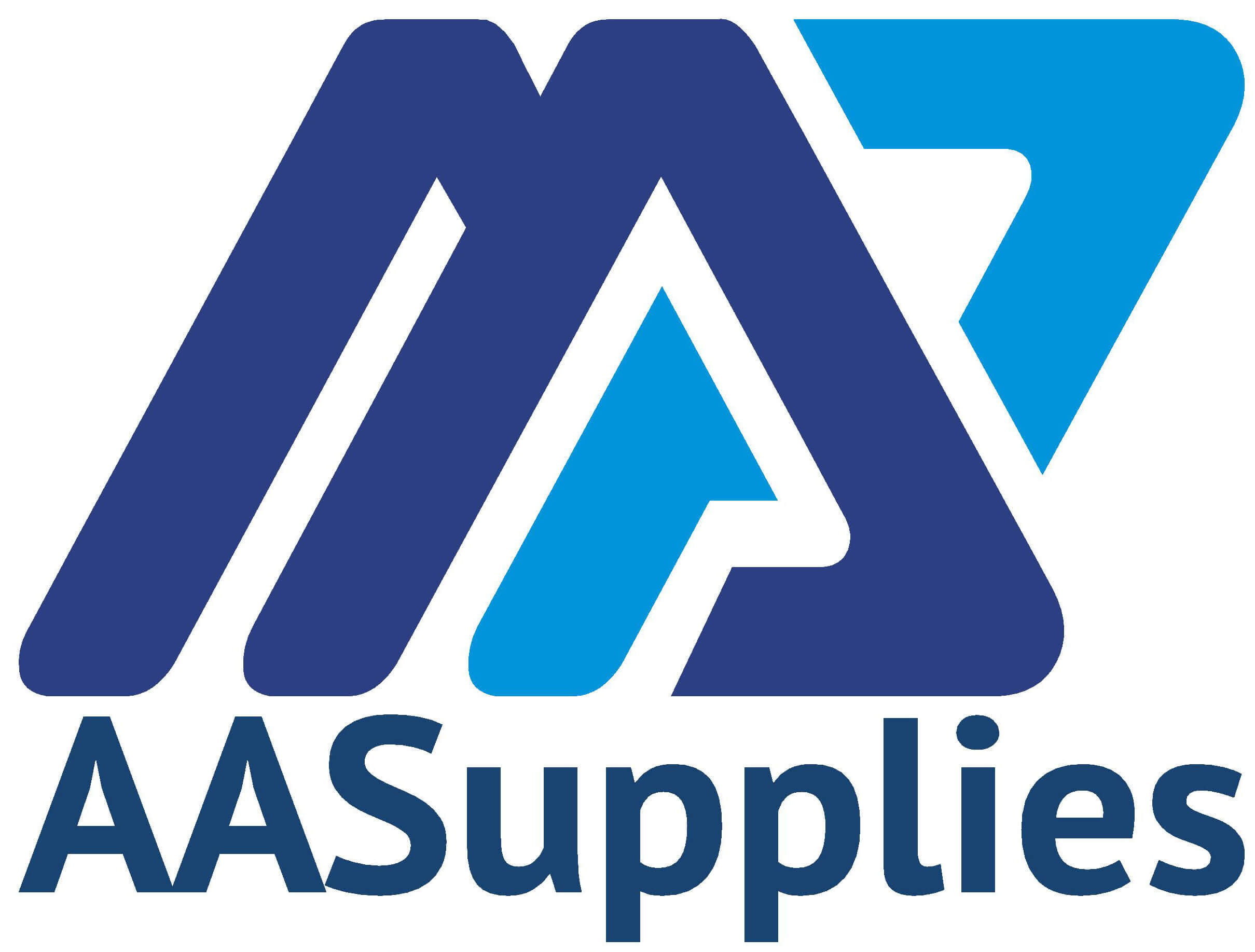With a broad range of batteries on the market and conflicting information on each, it can be difficult knowing which battery type is best suited to your business. Is lithium-ion the battery of the future, or are better options available?
Discussions surrounding lithium-ion continue to colour the material handling industry. With electrification at the forefront of operations managers’ minds, it’s easy to see why.
However, despite the flurry of interest, lithium-ion is not necessarily the best choice of battery for every organisation. In fact, lead-acid (also known as wet-cell) battery technology may be better suited to your operation and work out more cost effective in the long run.
To help you find the most efficient and cost-effective battery choice for your requirements, here are the top two batteries currently on the market and why you might choose them:
Lead-acid: contributing towards a lower TCO
As the most economical commercially available option, lead-acid is likely to remain a popular choice for powering electric counterbalance forklifts and reach trucks for years to come.
Lead-acid (also known as wet-cell) batteries are up to four times less expensive than lithium-ion, and they are also recyclable. If your business is working to reduce its fleet management costs, lead-acid battery technology provides a good alternative to lithium-ion.
However, in terms of charging, lead-acid batteries have a significantly lower battery life in comparison to their lithium-ion counterparts, with an average lifespan of 1,500 cycles. For this reason, if your operation requires maximum availability — with minimum time for charging breaks — it is worth considering other solutions.
It is also important to note that wet-cell batteries such as lead-acid can degrade by as much as 32% during the course of their lifetime. Therefore scheduling in regular maintenance must be factored into your operation. Having said this, water topping can easily be done manually, and the batteries are easy to replace. They are also particularly well suited to working in extreme cold weather conditions.
If your business is committed to opting for the most economical option, then we would recommend adapting your existing shift patterns to facilitate more frequent battery charging.
Lithium-ion: shaping the future for 24/7 operations
Based on their steep price point (lithium-ion is four times more expensive than lead-acid), it will be a while before lithium-ion batteries become a viable option in material handling. However, for businesses interested in future-proofing their operations, it is worth familiarising yourself with the benefits of lithium-ion batteries now.
Although they have a considerably lower capacity than lead-acid batteries, lithium-ion greatly surpasses lead-acid in terms of battery life, delivering 10,000+ cycles during its lifespan. Lithium-ion batteries can also be ‘opportunity charged’, maximising productivity. This makes them ideal for businesses running 24/7 operations who can’t afford extended downtime.
Since lithium-ion batteries recharge much faster than the alternative commercial options available, it is likely you will only ever need one battery per forklift (in comparison to two to three lead-acid batteries). Despite the higher acquisition cost, lithium-ion batteries quickly pay for themselves in reduced running and labour costs, as they require no maintenance.
Organisations actively seeking ways to reduce their carbon footprint are also likely to find lithium-ion batteries a good match as they don’t pollute the atmosphere.
If productivity is your business’ number one priority and you are prepared to invest at the outset, lithium-ion batteries could be a competitive way to power your warehouse in future.
Lead-acid vs lithium-ion: an overview
Advantages and disadvantages of lead-acid:
– Cost-effective — up to four times less expensive than lithium-ion
– Batteries are recyclable
– Has a considerably lower battery life than lithium-ion
– Batteries can degrade by as much as 32%
Advantages and disadvantages of lithium-ion:
- – Has a significantly longer battery life than lead-acid
- – Recharges faster than alternative commercial options
- – Doesn’t require maintenance
- – Doesn’t pollute the atmosphere
- – Reduces running and labour costs
- – Has a higher acquisition cost than lead-acid
What’s powering your warehouse?
The ideal battery choice for your operation will ultimately depend on whether you are running a 24/7 operation or can accommodate frequent charging breaks.
Whether you opt for the productivity-boosting technology of lithium-ion, or the cost-cutting powers of lead-acid, assessing your organisation’s operation and business goals should inform your final decision.





















